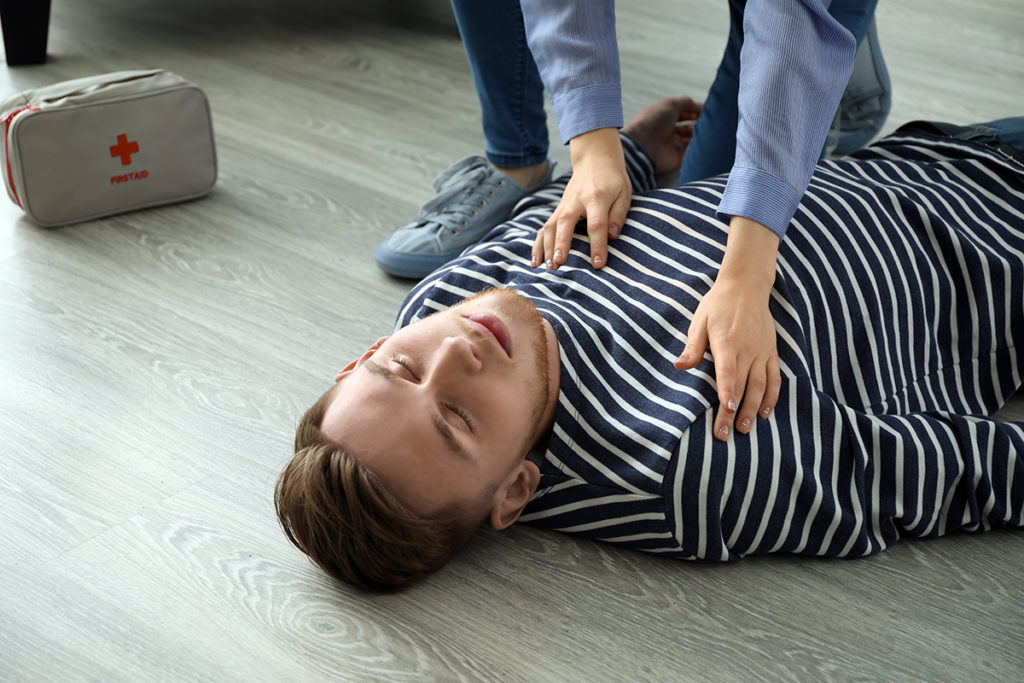Read the latest and greatest from our team
of incredible specialists.

Beach House Recovery Center » Blog » Vicodin and Alcohol: A Dangerous Mix
Vicodin is the brand name for a drug that combines the opioid hydrocodone with acetaminophen. Doctors commonly prescribe Vicodin to ease moderate to severe pain, but this medication also has a high potential for abuse due to the euphoria it creates.
Some Vicodin users might start misusing their prescription by taking higher-than-prescribed doses or combining it with other substances in hopes of creating a more potent effect. Doing so can be extremely risky, leading to an increased tolerance, addiction and overdose.

Drinking while taking an opioid drug can lead to tragic consequences. Vicodin and alcohol are central nervous system depressants. Using them together magnifies these effects in a way that can lead to respiratory depression, brain damage, coma and death.
Alcohol magnifies opioids’ sedative properties, which can lead to intoxication much more quickly. If you are taking Vicodin, either under a doctor’s orders or illicitly, even a small amount of alcohol can be dangerous.
Under the influence of alcohol and Vicodin, a person will become uncoordinated with poor balance, putting them at a higher risk of falls and injuries. Memory loss will occur, and the user will have impaired judgment.
As depressants, alcohol and Vicodin slow down your brain’s and central nervous system’s ability to regulate your heart rate, breathing and blood pressure. When you drink alcohol while using Vicodin, these life-sustaining functions can become severely compromised and sometimes start shutting down.
If someone you care about is combining Vicodin and alcohol, familiarizing yourself with these warning signs of an overdose could help you save their life in an emergency.
Respiratory depression is one of the most hazardous side effects associated with an opioid overdose. As the user’s breathing slows or stops, it deprives their brain of oxygen. When this happens, other organ systems also start shutting down. Oxygen deprivation can result in brain damage. During an overdose, an opioid user can stop breathing, after which coma and death are likely.
Fortunately, it’s possible to reverse an opioid overdose by acting quickly. If your loved one uses Vicodin, either with a doctor’s supervision or recreationally, having a supply of naloxone on hand and knowing how to use it can save their life. Naloxone, sold under the brand names Narcan and Evzio, is an opioid antagonist that’s available in many states without a prescription.
One of the tragedies of the COVID-19 pandemic has been the alarming increase in drug overdoses. The Centers for Disease Control reported more than 81,000 U.S. overdose deaths in the 12 months ending in May 2020, which represents the highest number of overdose deaths ever recorded in a 12-month period.
The stress, anxiety and uncertainty of living amid a pandemic have caused more people to self-medicate with drugs, worsening existing substance use disorders and creating new ones. Already, COVID-19 has killed more than 400,000 Americans and caused countless others to struggle with long-term disabilities like chronic fatigue, organ damage and brain fog. While news of two effective vaccines has been a bright spot in this crisis, the nationwide rollout has thus far been patchy, with approximately 60% of Americans saying they don’t know when or where they’ll be able to get vaccinated.
If you’re living with a substance misuse disorder, or you know a loved one who has started drinking or using drugs more heavily due to COVID-19, you might be wondering whether you can get treatment during a pandemic. As essential service providers, addiction treatment facilities like Beach House have remained open to help people during this challenging time.
We have committed to keeping our campus one of the cleanest, safest places to pursue addiction recovery by implementing aggressive measures like sanitizing surfaces and providing rapid antigen testing to prevent asymptomatic spread. Reach out to us today to learn more about what makes us one of the nation’s best rehab centers.
Whether you’re researching for yourself or a loved one, Beach House can help. We understand that this is a serious time in your life and that the treatment center you choose matters. We want you to feel comfortable and empowered to make the right decision for yourself, a friend, or a family member. This is why a counselor is waiting and available to answer your questions and help put your mind at ease regarding the next steps. Many of the staff at Beach House have walked in your shoes. If you feel you’re ready or want more information about how to help a loved one, we can help today. You can also learn why we are voted the #1 rehab for addiction treatment in Florida.
We accept most major insurance plans and can verify your benefits quickly and confidentially.
We’re committed to helping you access the care you need, our admissions counselors can guide you through your coverage options and available resources.





"*" indicates required fields